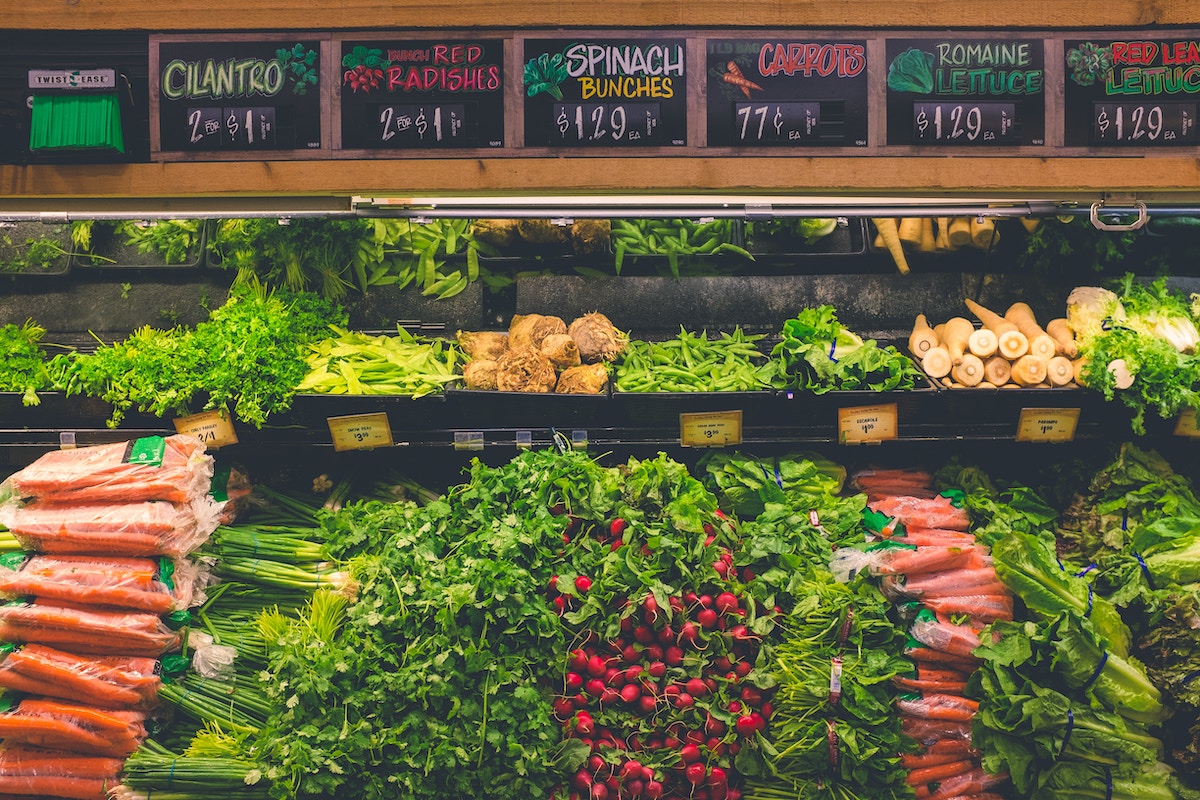In today’s fast-paced world, saving time and money is a priority for many households. One area that you can save money is on grocery shopping. By adopting smart grocery shopping and cooking strategies, you can stretch your budget and make the most of your ingredients. Here are 50 money-saving grocery and cooking hacks to help you save both time and money while enjoying delicious meals.
Grocery Shopping Hacks:
1. Make a List: Plan your meals for the week and create a detailed shopping list to avoid impulsive purchases.
2. Stick to the List: Once at the store, resist the temptation to deviate from your list.
3. Buy in Bulk: Non-perishable items like pasta, rice, and canned goods can often be purchased in bulk at a lower cost per unit.
4. Use Coupons and Discounts: Look for coupons, digital deals, and loyalty programs offered by grocery stores.
5. Shop Seasonal Produce: Fruits and vegetables in season are typically more affordable and fresher.
6. Compare Unit Prices: Check the unit price on the shelf label to determine the best value.
7. Avoid Pre-Packaged Foods: Pre-cut and pre-packaged items are convenient but often more expensive than whole foods.
8. Opt for Generic Brands: Generic or store brands are usually more budget-friendly and of comparable quality.
9. Shop Online: Compare prices online before heading to the store, and consider online grocery delivery or pickup services.
10. Join a Wholesale Club: Warehouse stores offer bulk discounts on a wide range of products.
Cooking Hacks:
11. Meal Prep: Prepare meals in advance and store them for the week to avoid eating out.
12. Use Leftovers Creatively: Repurpose yesterday’s dinner into a new meal, like turning roast vegetables into a frittata.
13. Cook in Batches: Make extra portions and freeze them for future meals.
14. Master One-Pot Meals: One-pot dishes reduce the need for multiple pans and save on cleanup time.
15. Cook Dry Beans: Dried beans are more cost-effective than canned ones and can be soaked and cooked in advance.
16. DIY Snacks: Make your own snacks like granola bars, popcorn, and trail mix to save on packaged snacks.
17. Buy Whole Chickens: Whole chickens are often cheaper per pound than individual parts and can provide multiple meals.
18. Plan Meatless Meals: Incorporate vegetarian dishes into your menu to reduce meat costs.
19. Freeze Fresh Herbs: Preserve fresh herbs by freezing them in olive oil or water.
20. Stock Your Pantry: Keep a well-stocked pantry with staples like rice, pasta, canned tomatoes, and spices.
Kitchen Tools and Cooking Hacks:
21. Invest in Quality Tools: Quality knives, cookware, and appliances can save you money in the long run.
22. Use a Slow Cooker: Slow cookers are energy-efficient and can turn budget ingredients into tasty meals.
23. Practice Knife Skills: Learn basic knife skills to minimize food waste when chopping.
24. Cook from Scratch: Homemade sauces, dressings, and baked goods are often cheaper and healthier.
25. Make Your Own Stock: Save vegetable scraps and meat bones to make homemade stock.
26. Learn to Preserve: Canning, pickling, and fermenting can extend the life of produce.
27. Batch Cooking: Cook in larger quantities and freeze individual servings for later use.
28. Use Every Bit: Use citrus zest, broccoli stems, and potato peels to reduce waste.
29. Reheat Properly: Use the microwave or stovetop for reheating instead of the oven to save energy.
30. Cook with Less Oil: Use non-stick cookware and cooking spray to reduce the amount of oil needed.
Storage and Organization:
31. Label and Date: Label leftovers and frozen items with dates to prevent waste.
32. Use Reusable Containers: Invest in reusable food storage containers to reduce disposable plastic waste.
33. Store Food Properly: Store food in airtight containers to maintain freshness.
34. Rotate Pantry Items: Place newer items behind older ones to ensure nothing goes to waste.
35. Keep a Freezer Inventory: Maintain a list of items in your freezer to prevent forgotten foods from expiring.
36. Utilize Freezer Bags: Freeze items flat in freezer bags to save space and prevent freezer burn.
37. Repurpose Glass Jars: Reuse glass jars for storage, such as for dry goods or homemade sauces.
38. Plan Leftover Nights: Dedicate one night a week to eating leftovers to prevent food waste.
39. Donate Excess Food: Share surplus non-perishables with local food banks or shelters.
40. Use a Vacuum Sealer: Vacuum sealers can extend the shelf life of food items.
Eating Out and Takeout:
41. Limit Dining Out: Enjoy restaurant meals occasionally rather than regularly.
42. Lunch at Work: Bring your lunch to work instead of buying it every day.
43. Happy Hour Specials: Take advantage of happy hour specials for discounted drinks and appetizers.
44. Use Coupons and Deals: Look for restaurant coupons and promotions before dining out.
45. Share Large Portions: Split a large dish with a friend when dining out to save on both food and money.
Waste Reduction:
46. Compost Food Scraps: Composting reduces waste and provides nutrient-rich soil for gardening.
47. Plan Shopping Trips: Plan your grocery shopping trips to reduce food spoilage.
48. Donate Excess Produce: If you have a surplus of fruits or vegetables, consider donating them to a local food bank.
49. Zero Waste Cooking: Learn zero-waste cooking techniques to maximize ingredient use.
50. Repurpose Stale Bread: Stale bread can be made into croutons


 No products in the cart.
No products in the cart.